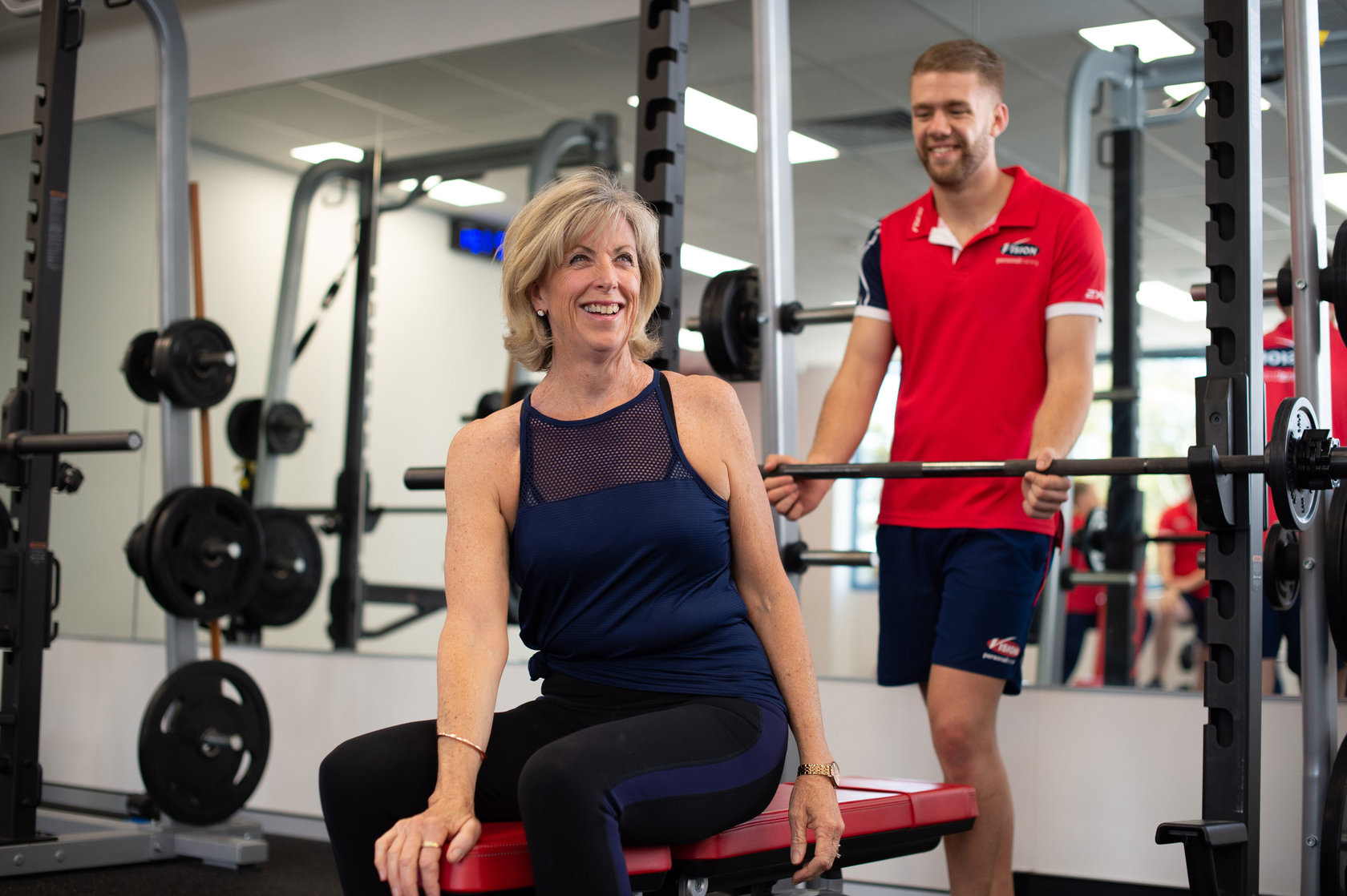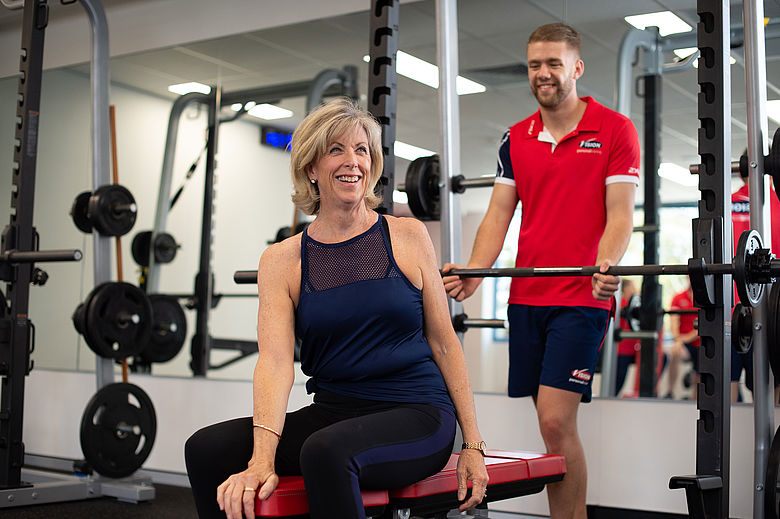EATING FOR FITNESS
With the Melbourne Marathon fast approaching, I thought I would take this opportunity to discuss the basic principles with eating for fitness and endurance training vs eating for weight loss.
In order to achieve weight loss your calorie intake will need to be at a deficit, which means that your energy input (food) is less than your energy output (exercise). Following your unique Vision macronutrients (carbohydrates, protein and fats) means that during weight loss you will most likely be following high protein and lower carbs and fats. Fitness training is a different beast altogether, as in order to reach your athletic potential, you do not want to be in an energy deficit. When on a Vision Fitness program your macros will change, bringing your carbs and fats more in line with your protein intake. This article breaks down the why, and gives you a few tips for eating for Fitness!
The basics:
1. Hydration - We all know that the daily requirements of water are two litres of water. This is just for day to day functioning, to maintain energy, focus, and hydrate your skin (your skin is the last organ in your body to receive water!). Break down your water intake each day. If completing cardio, increase water intake 500ml per every 30 minutes of exercise. For example, if you are running for 90 minutes, add 1.5 litres to your water intake - bringing your water intake to 3.5 litres for that day.
2. Hydration 2.0 - Do you sweat a lot? Do you feel like you are peeing every hour? Well try a natural hydrolyte (this is my favourite nutritional tip). Just add a pinch of Pink Himalayan salt and the juice of half a lemon to a litre of water. Easy. This is cheaper than Gatorade, saving the planet by not chewing through a plastic bottle after each workout and no empty carbs!
3. Adjust your energy intake - After eating for weight loss this point may seem counter intuitive, however I promise you that if you don't want to feel light headed at the end of long runs you will need to adapt your calorie intake. I do this simply by increasing my carbs - just a little. The night before a run I push most of my carbs into dinner. This is so the carbs can settle in my muscles and be 'in the tank' for my run in the morning. If you are experiencing dizziness, extreme fatigue or injuries that are taking a long time to heal, then this may be your bodies warning signs that you need more calories.
4. Fuel - Let's talk fuel for long training sessions. What are you taking with you? Are you eating energy bars or having gels? Everyone is different, and each long session is an opportunity to experiment with what works FOR YOU! I use Freedom Fuel which got me through the Gold Coast Marathon and will be my go-to for the Melbourne marathon. Check out the recipe on The Natural Nutritionist https://thenaturalnutritionist.com.au/freedom-fuel-your-natural-sports-gel/
Just like eating for weight loss you need to plan ahead. Failure to plan is planning to fail. Check your training schedule, meal prep and plan what fuel you are using. These are just a few simple tips to help you in your fitness training journey, try things out, learn form mistakes, adapt and grow!
Good luck with training and finding the perfect fuel for you!
Amber Bock
*Disclaimer: Individual results vary based on agreed goals. Click here for details.
